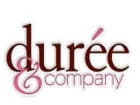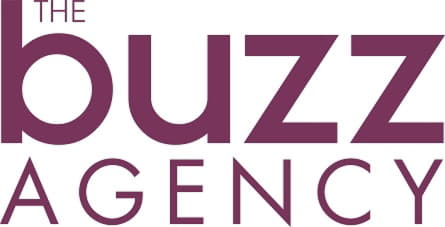Summary
- There's a stylized case that Hertz's equity offering out of bankruptcy isn't as ridiculous as skeptics claim.
- Even if that's true, however, the offering is too little, and too late; Hertz needed capital before bankruptcy, not during.
- Additional capital of less than $1 billion doesn't move the needle against $24 billion in liabilities.
- HTZ stock now is largely a bet on used car prices — but with heavy cash burn, the odds of that bet paying off are slim.
I'm not one of the skeptics who spent the weekend screaming about Hertz (HTZ) and its effort to sell stock while in a bankruptcy proceeding. At the moment, Hertz's equity has some value above zero, if only because that equity represents a long-dated call option on the value of the underlying assets. And if traders are going to bet on the value of that option, Hertz has the right, and at this point the responsibility, to try and raise that capital. (Admittedly, the roles of Jefferies (JEF) in executing that offering and of the SEC in allowing it are more debatable.)
There's even a stylized scenario in which Hertz's move makes some sense. There is a precedent in which the equity of a Chapter 11 not only recovered, but provided enormous multi-year returns. Hertz's own sector includes another example of how quickly sentiment, and valuation, can change after a crisis. Those past cases suggest that, in theory, adding cash via new equity could expand (or create) value in the existing equity.
But the problematic qualifier there is "in theory". In practice, there are numerous problems with HTZ stock beyond the overly simplistic "the company is bankrupt, so the equity is a $0". I don't believe HTZ is worth $0 — but nor do I believe it's worth much more than that. And this equity offering, assuming it does go through, doesn't change that problem.
Why Hertz Filed
The headlines suggest that the idea of any equity recovery in Hertz is laughable. Hertz finished the first quarter with nearly $19 billion in debt, per the 10-Q. Revenue essentially dried up for months, and both business and leisure travel will be impacted for many more months to come. Hertz already was dealing with pressure from ridesharing giants Uber (UBER) and Lyft (LYFT), and the combination of competition, the coronavirus and the debt seems more than enough to wipe out shareholders.
But it is worth at least considering why Hertz filed for bankruptcy last month. The company was pushed to that step by its securitized vehicle debt, which totaled $14.4 billion at the end of Q1. And it wasn't the travel business that caused the problem with that debt. Rather, per the Q [emphasis mine]:
Although the Company has taken aggressive action to eliminate costs, it faces significant ongoing expenses, including monthly payments under its... [Operating Lease]..., pursuant to which Hertz leases from HVF vehicles used in Hertz's U.S. rental car operations. Hertz Vehicle Financing II LP ("HVF II"), a special purpose financing subsidiary, issues asset-backed notes and lends the proceeds thereof to HVF to finance the acquisition of vehicles, which are then leased to Hertz pursuant to the Operating Lease.
Monthly payments under the operating lease are variable and significant and have increased because declining vehicle values resulting from a disrupted used-vehicle market require Hertz to make additional payments to offset such value declines in order to continue using the vehicles. During April 2020, the Company engaged in discussions with various creditors to obtain relief from its obligations to make full rent payments under its Operating Lease. While such discussions were ongoing, to preserve liquidity, on April 27, 2020, Hertz did not make certain payments in accordance with the Operating Lease.
The issue wasn't necessarily the operating business. That's not to say that Hertz was in great position, but as the Q1 presentation noted, the company had no corporate debt maturing until June 2021. Rather, a default under the operating lease cascaded across the structure, leading to the Chapter 11 filing.



















